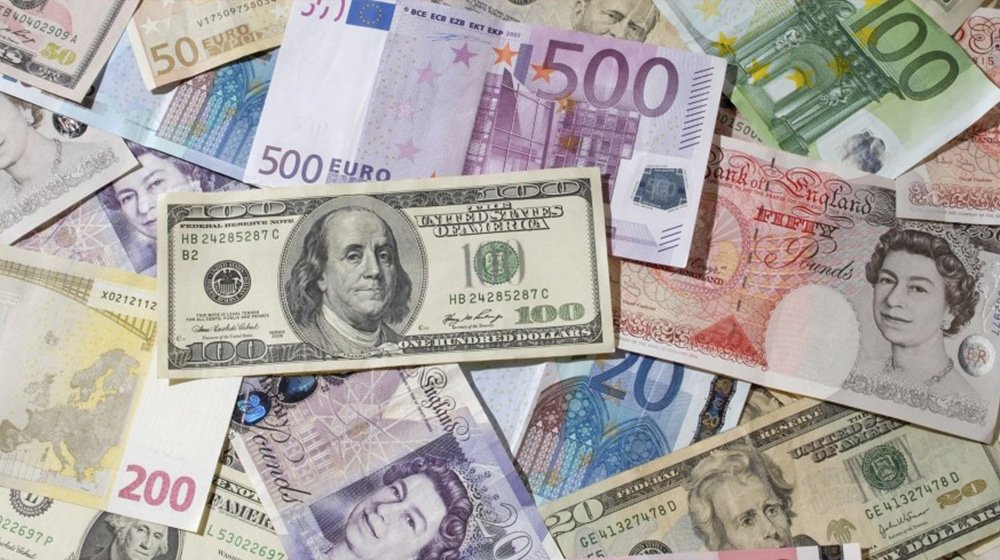Pakistan’s efforts to curb illegal foreign exchange trading are driving remittances to record levels, providing much-needed support to the country’s economy. According to the State Bank of Pakistan (SBP), cash sent home by overseas Pakistanis surged by 34% to $14.8 billion in the five months through November, compared to the same period last year, reported Bloomberg.
This increase follows a government crackdown on unofficial dollar trading.
Finance Minister Muhammad Aurangzeb has projected that remittances will reach an all-time high of $35 billion by the end of the year, up from $30 billion in 2023. “The currency reforms do seem to have boosted remittances,” said John Ashbourne, an emerging-market economist at BMI, a Fitch Solutions company in London. He noted that funds previously sent through black-market channels are now being routed through official banking systems.
The rise in remittances is expected to strengthen Pakistan’s foreign exchange reserves, which climbed to over $12 billion by the end of November—the highest level since March 2022. This improvement comes as Pakistan implements tough economic reforms under the guidance of the International Monetary Fund (IMF), which approved a $7 billion loan for the country in September.
The Federal Investigation Agency (FIA) has played a key role in the crackdown, conducting raids on money changers, arresting individuals involved in illegal currency trading, and deploying plainclothes security officials at exchange offices. Zafar Paracha, General Secretary of the Exchange Companies Association of Pakistan, estimates that the size of the illegal dollar-trading market has shrunk by at least 20% over the past two years, with approximately $10 billion redirected into formal banking channels.
“All kinds of negative currency trading have significantly declined,” Paracha said, highlighting the success of the government’s efforts.
The crackdown has also contributed to the rupee’s stability. The currency has gained 2% this year, making it one of the best-performing emerging-market currencies. Analysts attribute this to the combination of higher remittances, the IMF loan program, and improved foreign exchange reserves.
“The crackdown on illegal trades has provided major support to foreign exchange reserves through remittances, which in turn has helped stabilize the currency,” said Sana Tawfik, head of research at Arif Habib Ltd. in Karachi.










